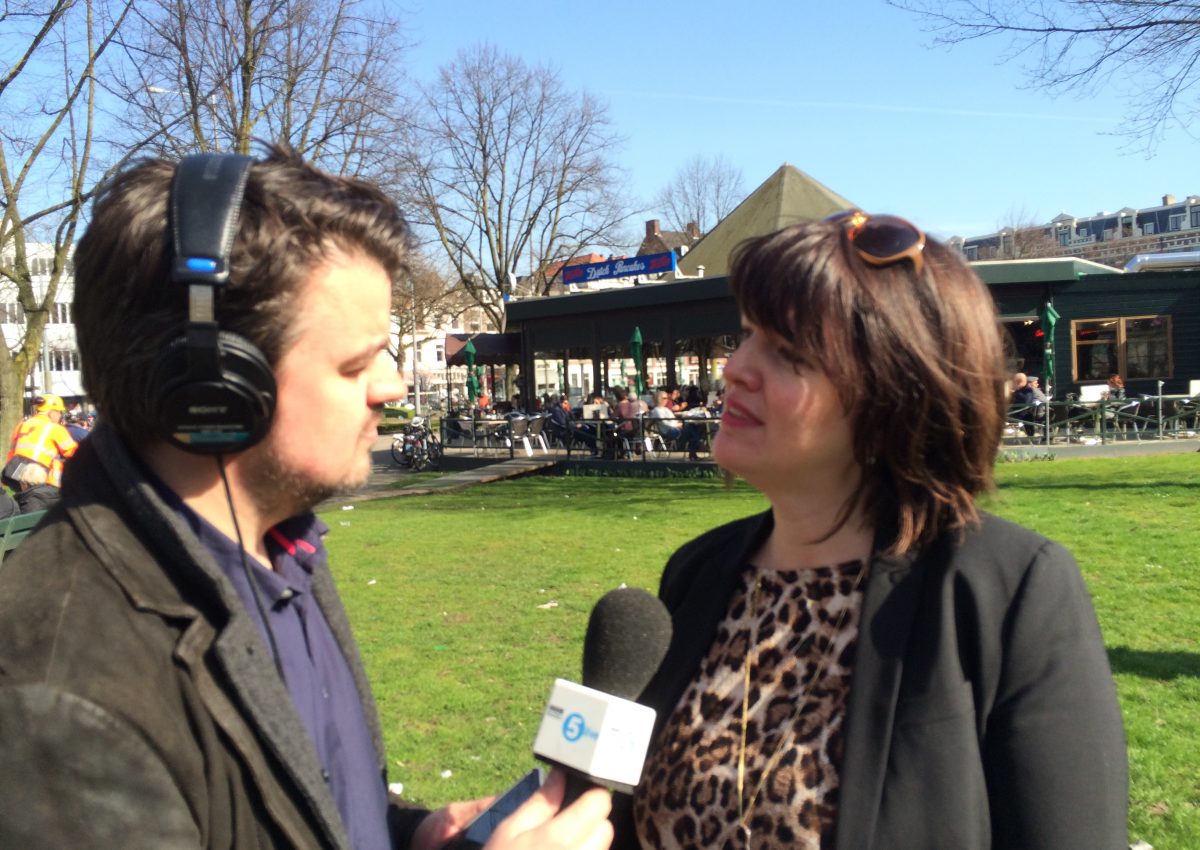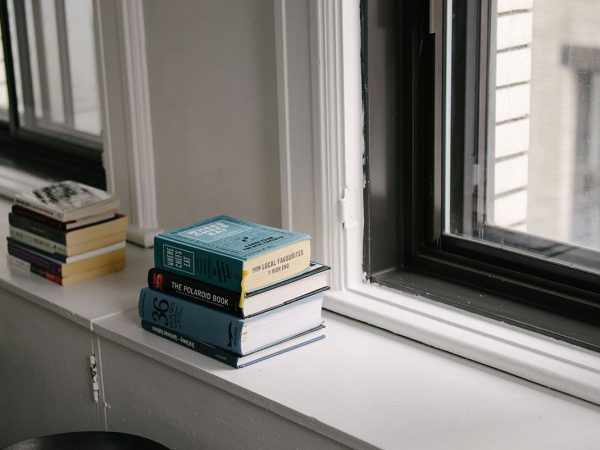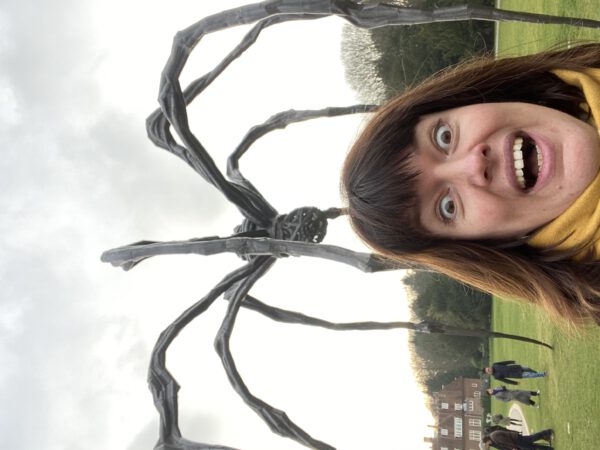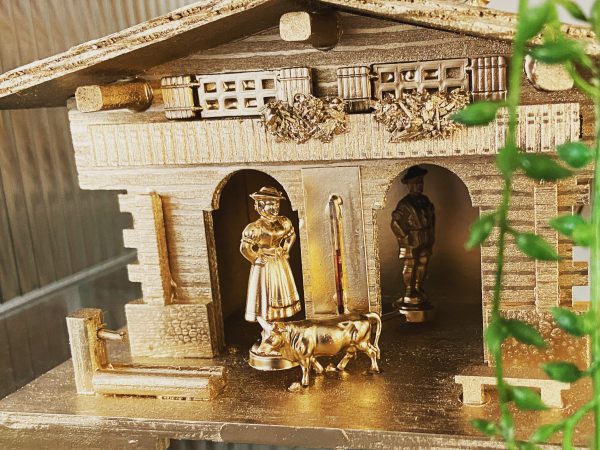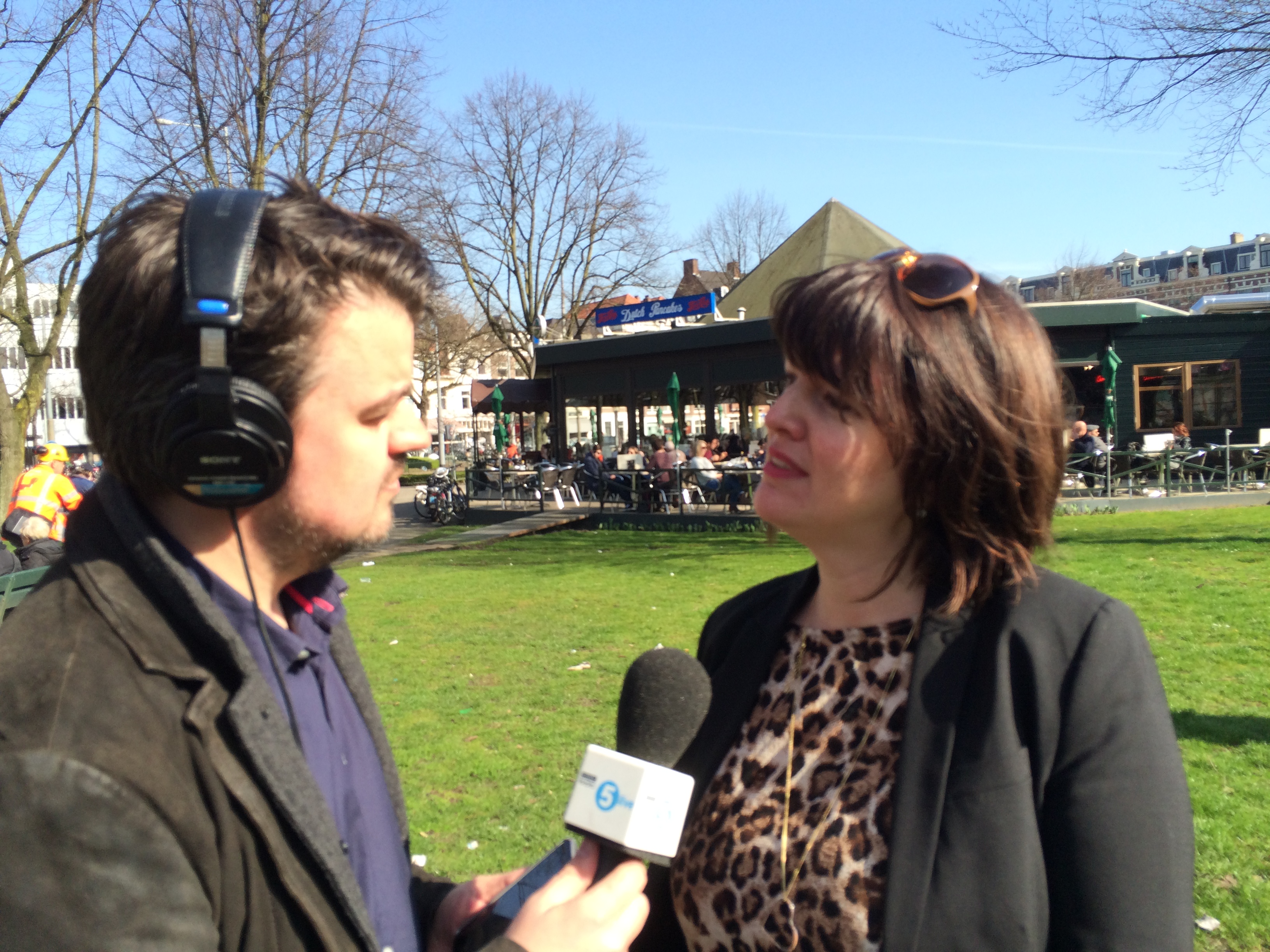Yesterday, Dutch elections took place with a rather surprising outcome. Far right populist Wilders’ PVV only became the second party, as the liberals lost seats but still won the elections.
None of the high scoring parties wants to form a coalition with the PVV, and current Prime Minister Mark Rutte explicitly said he would ‘never ever’ cooperate in government with the leader of the PVV-movement who, according to Rutte, is only ’twittering from his sofa and doesn’t know how to lead a country’. This means that the most likely coalitions are either:
- VVD (liberals), CDA (christian democrats) D66 (liberal democrats) + GroenLinks (GreenLeft)
or
- VVD (liberals), CDA (christian democrats) D66 (liberal democrats) + PvdA (Labour)
Since Labour lost 29 of their seats and is now on 9 Members of Parliament, and GroenLinks won 10 seats, the first option seems more likely. Nevertheless, Labour has proven to be open to cooperate with the liberals, and the differences in vision on addressing climate change between the liberals and the greens are big.
Both coalitions consist of sensible parties who are working towards solutions and value EU-cooperation (although they all aim for improving the EU one way or another).
Let’s see how the negotiations will go. I already discussed the impact on the EU and Brexit negotiations at BBC-radio, and looked into the loss of Labour for the Italian newspaper Il Foglio.
→ Listen here to the short interview I had with Chris Warburton from BBC’s 5Live or see below a 30second movie they made.
→ If you read Italian you can find an interview with me just before the election results by Paola Peduzzi from Il Foglio here.

